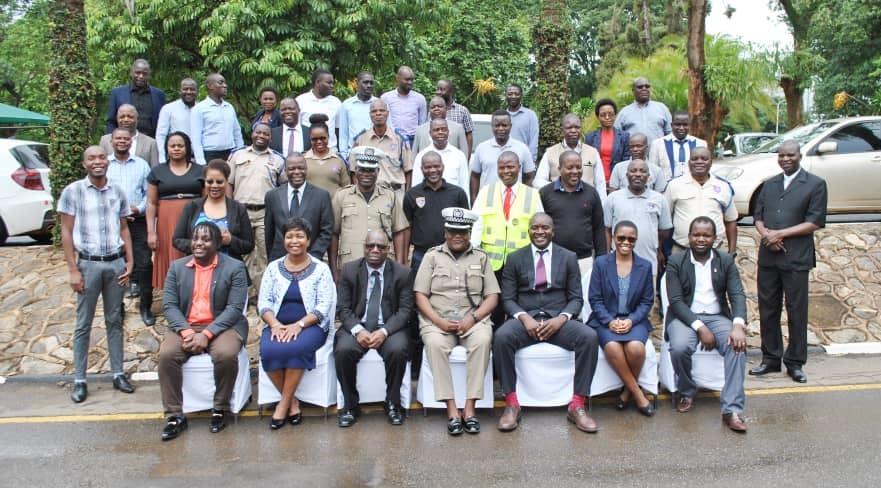
According to the Global Status Report on Road Safety 2023, road traffic fatalities in Malawi increased from 18 per 100,000 population in 2018 to 20 per 100,000 population in 2023. While the country has legislation on speed limits, the urban speed limit is 50 km/h.
Alliance member, Road Safety Alert Foundation (ROSAF) in Malawi has been advocating for the reduction of the speed limit to 30 km/h. Their advocacy effort has led to the inclusion of 30 km/h speed zones in Malawi’s National Road Safety Strategy. This development marks a critical step toward enhancing the safety of pedestrians and all road users.
The journey toward the adoption of 30 km/h zones began with ROSAF’s campaign to ensure Malawi’s representation at the 2022 UN High-Level Meeting on Global Road Safety. Through strategic engagement with the Minister of Transport and extensive media campaigns, ROSAF highlighted the critical need for safer speed limits.
According to Joel Jere, Founder and Executive Director of ROSAF, “we extensively engaged the Minister of Transport, Engineer Jacob Hara, to brief him on what is expected of him at the High-Level Meeting and pushed for Malawi to adopt the 30km/h. We held a roundtable discussion with the minister and government officials from the transport ministry where we presented the 2021-2030 UN Decade of Action on Road Safety and for Malawi to include 30 km/h in the new Malawi National Road Safety Strategy 2022-2030.”
This effort by ROSAF contributed to Malawi’s commitment to adopt 30 km/h zones. They also actively participated in meetings during the formulation phase of the strategy. “ROSAF was part of the National Consultative Meeting on Formulation of the Malawi National Road Safety Strategy 2022-2030. We took a transactional approach and not a combative approach in engaging the government while strongly advocating for Malawi to adopt the 30km/h. Eventually, the strategy has finally been adopted and launched,” says Joel Jere.
Additionally, the NGO collaborated with key road safety stakeholders in Malawi such as the Directorate of Road Traffic and Safety Services, the Ministry of Health, Malawi Police Traffic Department, and city councils. Joel Jere noted that the Alliance provided crucial support to their campaign, providing essential advocacy training and financial assistance through some of its small grants. “Our membership with the Alliance has helped us to raise the profile of road safety in Malawi. We received online training from the Alliance on advocacy skills to successfully advocate for the adoption of the 30km/h policy. Secondly, we received some small grants which helped us with media campaigns as well as production of posters, banners, and other materials which we used in the campaign.” says Joel Jere.
With the policy now in place, ROSAF’s focus shifts to the implementation phase, where they aim to lead awareness campaigns and stakeholder engagements to ensure the effective realization of the 30 km/h zones. They plan to conduct joint exercises with traffic enforcement agencies to monitor adherence to the strategy, hold monitoring and evaluation meetings with driver and motorcycle taxi operators’ associations, and analyze the Malawi Police Service’s Annual Road Crashes Reports to track road crashes incidents changes after implementation of the strategy. They will also be advocating for adequate budget support to fund the new strategy.
“The next step will be advocating for allocation of resources in the National Budget towards implementation of the 30 km/h policy. The advocacy will also target city and district councils, and other government implementing agencies like the Roads Authority, Ministry of Transport, the Department of Road Traffic and Safety Services, and the Roads Fund Administration among others,” says Joel Jere.